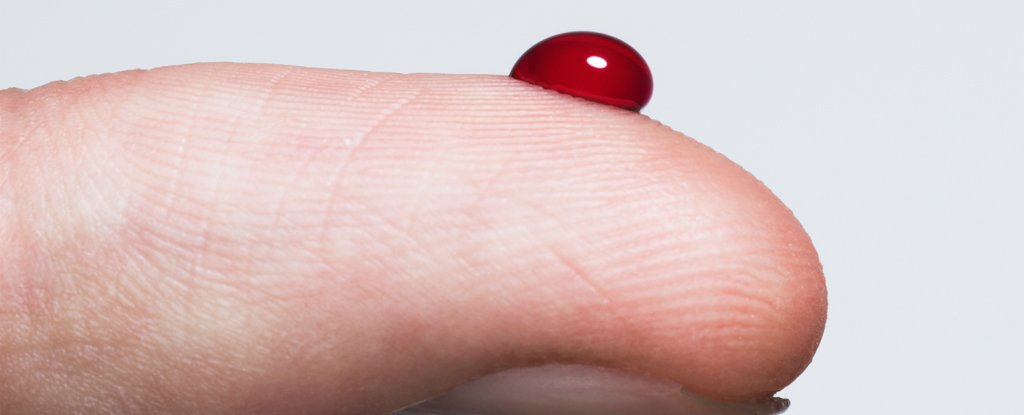The Science of Youth: Can Young Blood Rejuvenate Aging Skin?
The quest for eternal youth has inspired countless myths and legends, but recent scientific advancements suggest there might be truth to the concept of rejuvenation through young blood. A groundbreaking study from Beiersdorf AG, a leading skin care company in Germany, has shed light on how the serum from youthful blood could potentially roll back the signs of aging in skin.
Understanding the Study
Researchers developed a 3D human skin model in the lab to explore the effects of young blood serum on skin cells. Initial tests revealed that while young serum alone had no noticeable impact, adding bone marrow cells triggered remarkable anti-aging signals within the skin cells.
Key Findings
- Interaction Between Serum and Bone Marrow: The combination of young blood serum and bone marrow cells initiated biological changes that potentially reverse skin aging.
- Biological Age Reduction: Through measures of DNA methylation and cell proliferation, the team observed that skin treated with young serum exhibited reduced biological age, alongside increased metabolic activity and cell division.
Chart showcasing changes to protein levels in response to the new blood. (Ritter et al., Aging, 2025)
The Role of Proteins in Skin Rejuvenation
In their in-depth analysis, the researchers identified 55 different proteins produced by the bone marrow in reaction to young blood. Notably, seven of these proteins are associated with critical processes that maintain youthful skin, such as:
- Cell Renewal
- Collagen Production
These proteins could hold the key to understanding how young blood rejuvenates aging skin, although further research is needed to validate these findings in living humans.
Future Directions
The researchers emphasized the importance of systematic testing to ensure the effectiveness of their discoveries:
"Future studies are needed to further validate our identified proteins in the context of systemic skin rejuvenation and aging."
The Bigger Picture: Aging and Longevity
As the global population ages, maintaining health in later years becomes increasingly vital. This research offers promising avenues for scientific exploration aimed at:
- Slowing the aging process
- Potentially reversing some effects of age-related illnesses
The authors note that aging is a complex process intertwined with numerous diseases, and effective interventions are crucial. As they state,
"With few holistic anti-aging approaches successfully reversing its signs."
Implications for the Future
The findings from this study may pave the way for new anti-aging strategies, providing the potential to keep age-related diseases at bay longer and enhance quality of life in older age.
While the concept of blood as a fountain of youth may have been relegated to folklore and fiction, research such as this brings us a step closer to real-world applications that could change how we perceive aging and rejuvenation.
Conclusion
The exploration of young blood and its effects on skin health presents exciting opportunities in the field of aging research. Inspired by new data, the scientific community is encouraged to delve deeper into the revitalizing capabilities of young serum—an endeavor that could forever alter our approach to aging.
For more insights on aging and skincare advancements, explore related topics on Healthline and WebMD. Stay tuned for updates in the ever-evolving field of anti-aging research!


